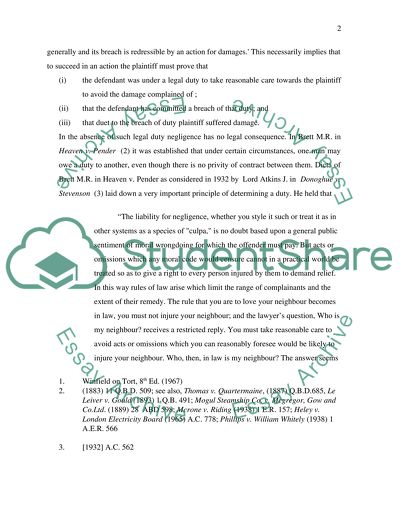Cite this document
(“Tort Coursework Resit Case Study Example | Topics and Well Written Essays - 1500 words”, n.d.)
Retrieved from https://studentshare.org/law/1534402-tort-coursework-resit
Retrieved from https://studentshare.org/law/1534402-tort-coursework-resit
(Tort Coursework Resit Case Study Example | Topics and Well Written Essays - 1500 Words)
https://studentshare.org/law/1534402-tort-coursework-resit.
https://studentshare.org/law/1534402-tort-coursework-resit.
“Tort Coursework Resit Case Study Example | Topics and Well Written Essays - 1500 Words”, n.d. https://studentshare.org/law/1534402-tort-coursework-resit.


